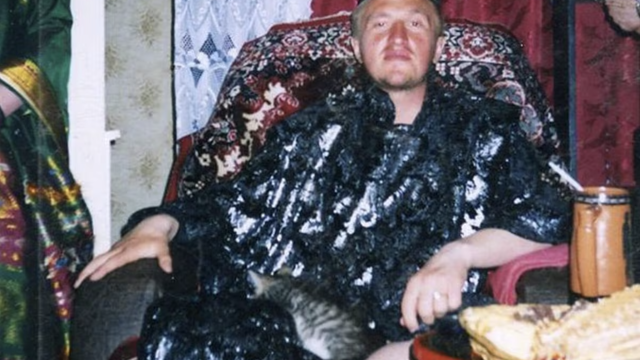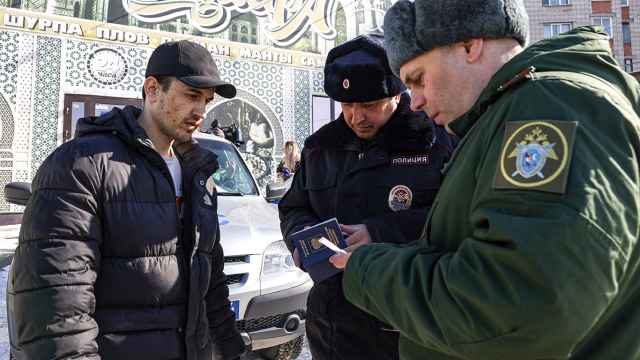The Parliamentary Assembly of the Council of Europe on Tuesday released a draft version of a report on the death of lawyer Sergei Magnitsky in which the advisory body slammed Russia for failing to punish anyone in connection with the case and recommended that European nations pressure Russia to investigate it further.
The 41-page report, written by PACE rapporteur Andreas Gross of Switzerland, is highly critical of the Russian government's handling of the investigation into Magnitsky's 2009 death in prison and calls on authorities to explain such circumstances as "the unavailability of CCTV footage of the arrival of Mr. Magnitsky to Matrosskaya Tishina prison on the day of his death" and "the existence of two different versions of the 'death report'" on Magnitsky.
But the draft stops short of recommending that European member states follow the United States' lead in enacting sanctions against Russians implicated in Magnitsky's death or in a $230 million tax fraud that Magnitsky said he discovered.
‘The Assembly considers [sanctions against individuals] a means of last resort.’
PACE report on Magnitsky case
"The Assembly invites all other member states of the Council of Europe to consider ways and means of encouraging the Russian authorities to hold to account those responsible for the death of Mr. Magnitsky and to fully investigate the crime he had denounced, in the interests of Russia and of all her hard-working and tax-paying citizens," the draft report says.
"Regarding the imposition of targeted sanctions against individuals (visa bans and account freezes …), the Assembly considers these as a means of last resort," it says.
The report is based on a series of fact-finding missions taken by Gross to Moscow, London, Cyprus and Bern, and describes the circumstances surrounding Magnitsky's death and the alleged $230 million tax fraud. On his trips, Gross interviewed Magnitsky's relatives, his former client William Browder — the head of Hermitage Capital and currently a co-defendant in a tax evasion trial against Magnitsky — and Russian, Cypriot and Swiss officials. The report also used newspaper articles and government documents as sources.
PACE said on its website that the assembly's human rights committee declassified the draft report with a view to receiving comments from "any interested parties," including the Russian government, ahead of a meeting to approve it in early September.
Russia's membership in the Council of Europe has been fraught in recent years, with Russian authorities accusing PACE of "Russophobic" attitudes as the assembly has criticized them on human rights issues.
The council's European Court of Human Rights is also a thorn in the side of Russia, which frequently loses judgments in cases brought there by its citizens.
Contact the author at e.pfeifer@imedia.ru
A Message from The Moscow Times:
Dear readers,
We are facing unprecedented challenges. Russia's Prosecutor General's Office has designated The Moscow Times as an "undesirable" organization, criminalizing our work and putting our staff at risk of prosecution. This follows our earlier unjust labeling as a "foreign agent."
These actions are direct attempts to silence independent journalism in Russia. The authorities claim our work "discredits the decisions of the Russian leadership." We see things differently: we strive to provide accurate, unbiased reporting on Russia.
We, the journalists of The Moscow Times, refuse to be silenced. But to continue our work, we need your help.
Your support, no matter how small, makes a world of difference. If you can, please support us monthly starting from just $2. It's quick to set up, and every contribution makes a significant impact.
By supporting The Moscow Times, you're defending open, independent journalism in the face of repression. Thank you for standing with us.
Remind me later.





